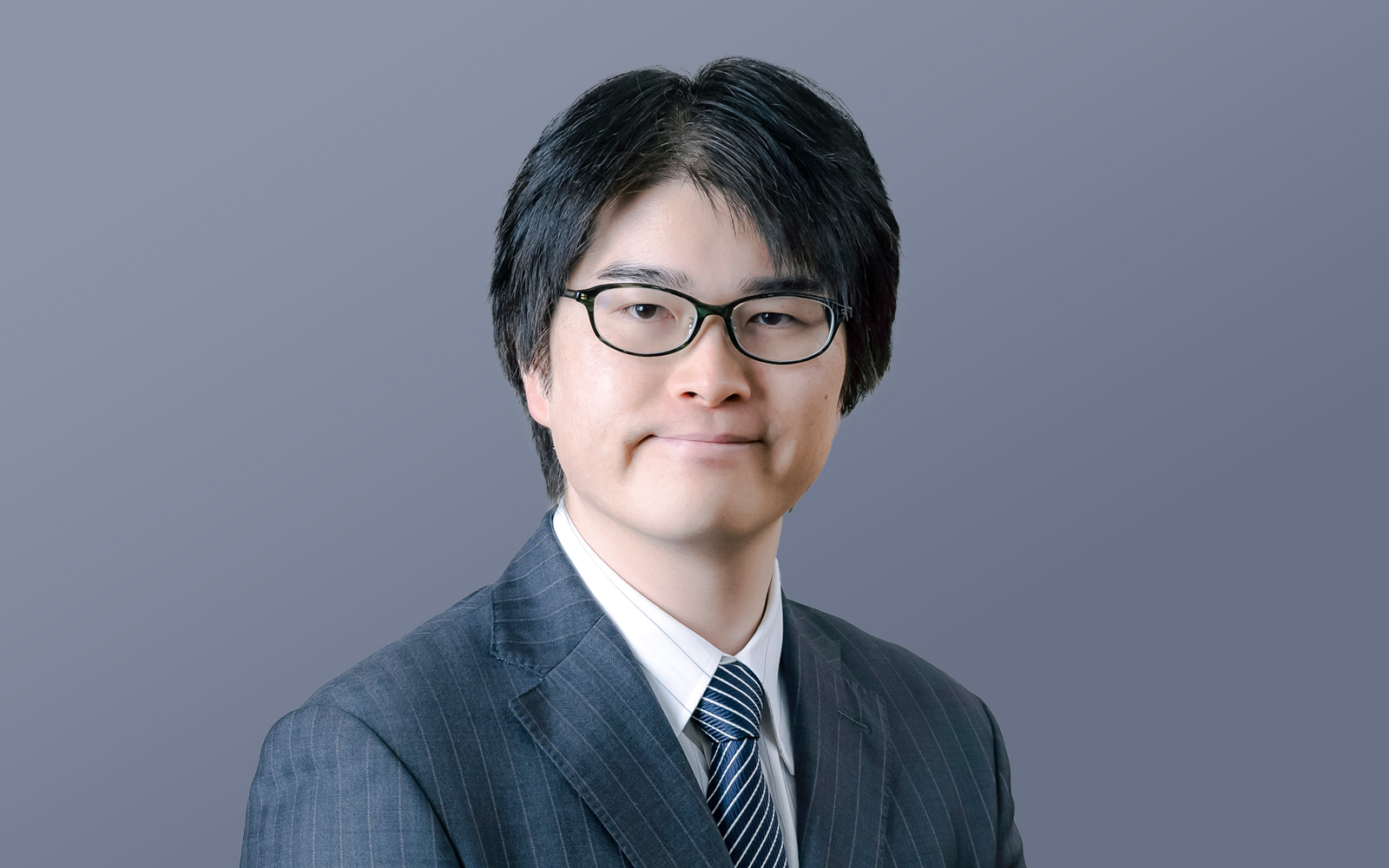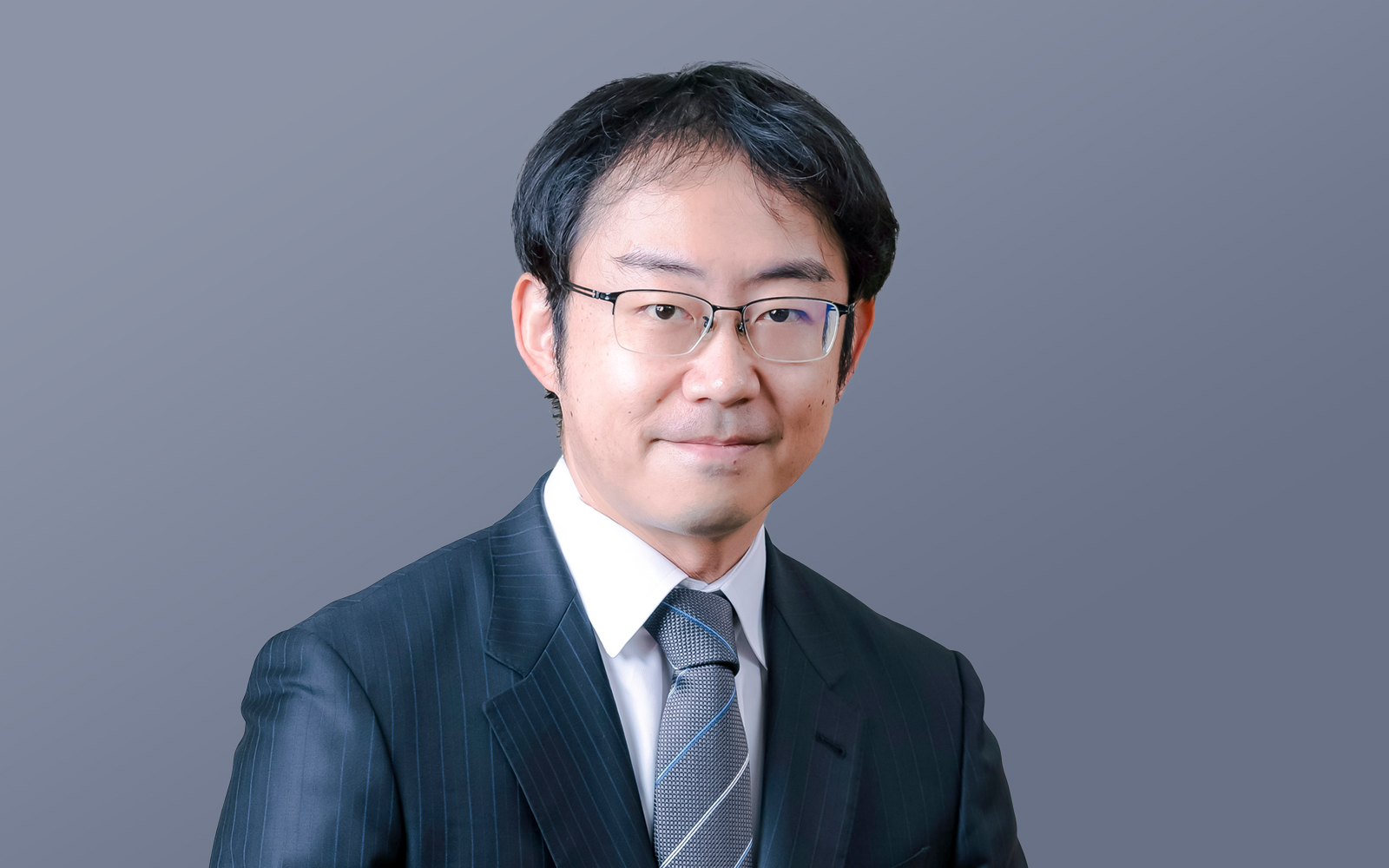Securitization is a financing method where the cash flow generated by a particular asset or business is converted into securities. This financing approach does not rely on the creditworthiness of the originator—the company that owns and operates the asset or business. Typically, it is structured using a legal entity such as a special purpose company (SPC) or trust to isolate it from the credit risk of the originator’s other operations. Consequently, this form of financing requires a cross-sectional examination of multiple legal areas, including the Civil Code and the Companies Act, and depending on the scheme, the Commercial Code, the Trust Act, the Financial Instruments and Exchange Act, and the Asset Securitization Act.
The target assets for securitization include not only monetary claims such as accounts receivable, lease and credit receivables, and loan receivables, but also real estate, real estate-backed loans, intellectual property, and a broad range of other assets, including whole business securitization. Securitization methods are widely applied in structured finance transactions.
Mori Hamada has been a pioneer in this practice area since the earliest days of securitization in Japan. We continue to contribute to the growth and development of this field through active participation in councils and study groups organized by relevant authorities and market participants, as well as through seminars and discussion papers.
Related Topics
Inquiries about Securitization
Please use the contact form below to make inquiries about legal representation.





















